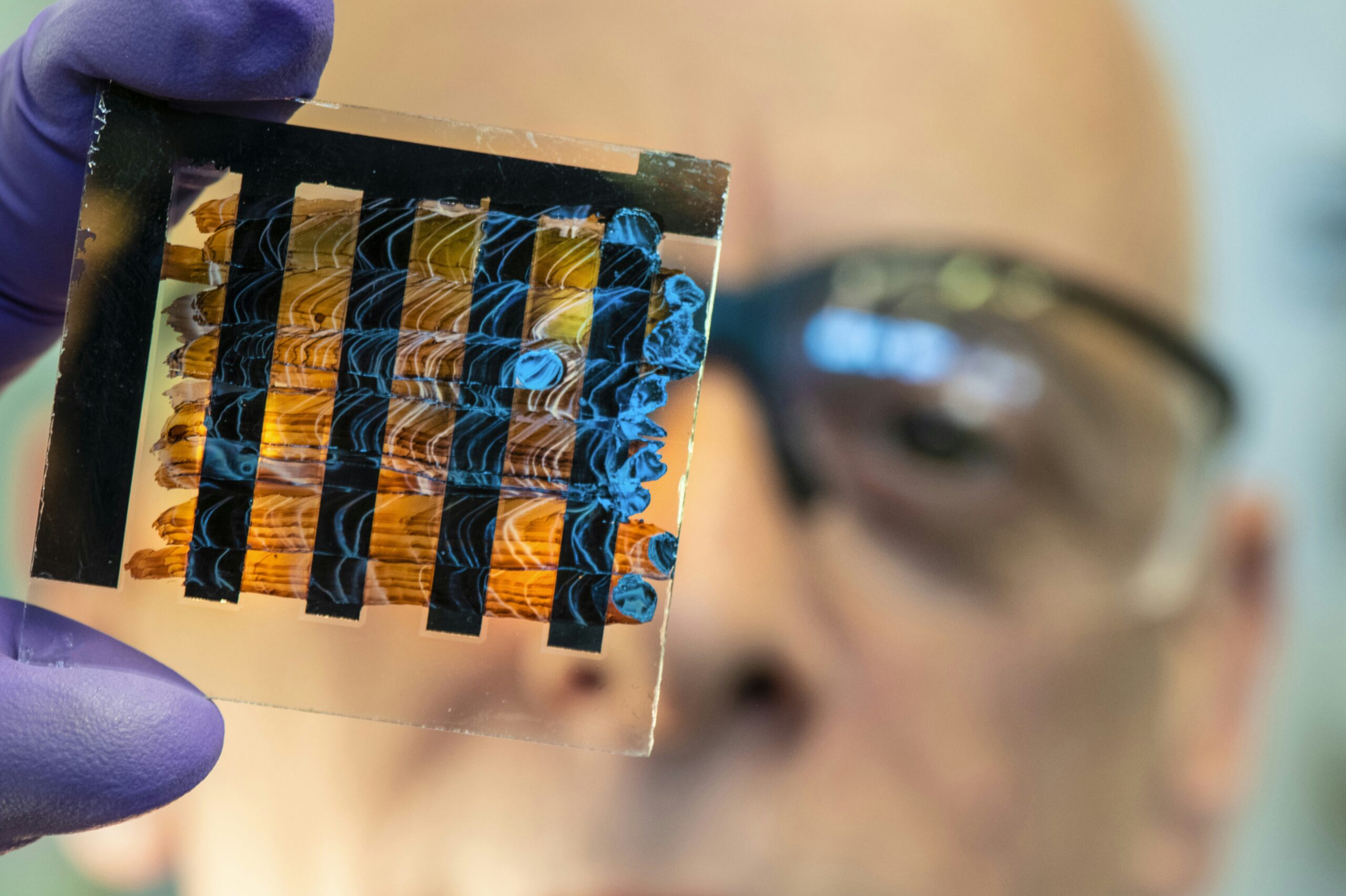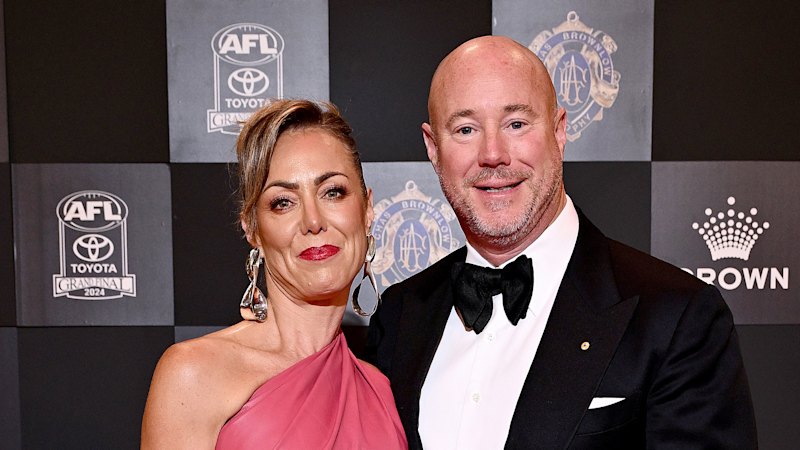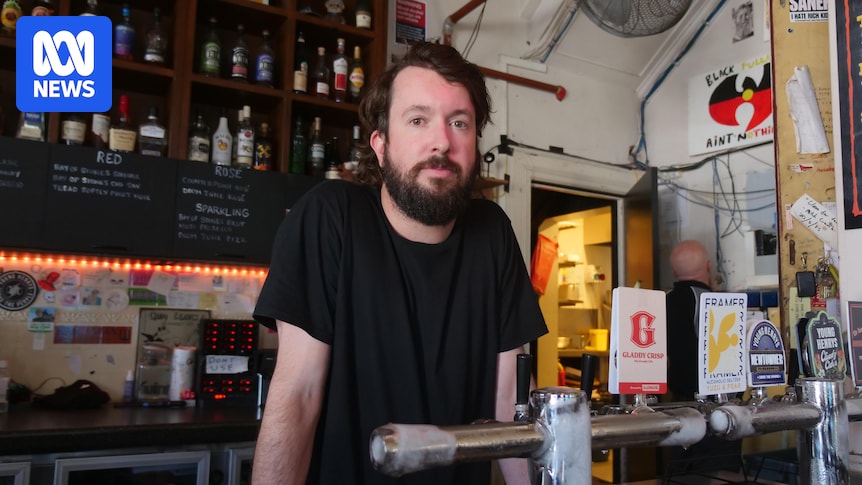
University of Otago, Christchurch researchers have been awarded over NZ$1 million in grant funding from the Canterbury Medical Research Foundation (CMRF) to advance studies in cancer, heart disease, inflammatory bowel disease, and mental health. This significant financial boost arrives at a critical time when research funding across New Zealand is under pressure.
The University of Otago’s research projects claimed eight out of the eleven CMRF grants this year, including six Major Project Grants, one Special Project Grant, and one Emerging Researcher Grant. This year’s funding round, totaling $1.5 million, marks the largest investment by CMRF to date.
Breakthroughs in Cancer Prevention
Among the recipients, Dr. George Wiggins from the Department of Pathology and Molecular Medicine’s Mackenzie Cancer Research Group secured a $220,000 Emerging Researcher Grant. His work focuses on developing novel preventative therapies for women at high risk of breast and ovarian cancers.
Dr. Wiggins expressed his gratitude for the grant, emphasizing the need for innovative prevention strategies. “Traditional options like risk-reducing surgery are often undesirable due to concerns about fertility and menopause,” he noted. “Our goal is to provide a non-invasive, accessible preventative therapy, which could significantly benefit the health system and reduce inequities in health outcomes.”
Approximately 1 in 250 individuals in Canterbury carry a high-risk pathogenic variant in the BRCA1 and BRCA2 genes, with women facing up to a 72% lifetime risk of developing breast cancer.
Dr. Wiggins’ collaboration with the CIMBA Consortium has already yielded promising results, identifying DNA copy number variants that modify cancer risk. This research could pave the way for personalized preventative therapies and potentially lead to local clinical trials in Canterbury.
Advancements in Medical Research
Special Project Grant: Targeting Leukemia
Professor Margreet Vissers and Dr. Annika Seddon from the Mātai Hāora – Centre for Redox Biology and Medicine are exploring epigenetic modulation for targeted therapy in acute myeloid leukemia. Their $85,000 grant supports preclinical studies using advanced gene editing tools like CRISPR to investigate the role of vitamin C in restoring normal gene function.
“Our goal is to build a strong evidence base to determine whether high-dose vitamin C may be helpful in leukemia management,” said Professor Vissers.
Major Project Grants: Diverse Health Challenges
- Dr. Amanda Landers: Investigating pancreatic enzyme replacement therapy to improve outcomes for pancreatic cancer patients.
- Dr. Teagan Edwards: Developing non-invasive methods to monitor inflammatory bowel disease in children.
- Dr. Jenni Manuel: Studying the impact of social and environmental factors on infant mental health treatment outcomes.
- Dr. Simone Cree: Exploring Growth Differentiation Factor-15 as a predictive biomarker for cardiovascular disease in Pacific populations.
- Dr. Gemma Moir-Meyer: Identifying genetic drivers of heart disease to improve health outcomes for Cantabrians.
- Dr. Zoe Ordering: Developing a cognitive health program for young adults experiencing their first episode of psychosis.
Implications for the Future
The CMRF’s investment in these diverse research projects underscores the importance of supporting early-career researchers and addressing pressing health challenges. Melissa Haberfield, Chief Executive of CMRF, emphasized the foundation’s commitment to improving quality of life through research findings and early intervention.
Professor Lutz Beckert, Dean of the University of Otago Faculty of Medicine – Christchurch, lauded the grants’ impact, stating, “The generous support of CMRF is hugely important, allowing our talented researchers to commit to work that will benefit Canterbury, Aotearoa, and beyond.”
The grants will be formally awarded at a special event celebrating CMRF’s 65th anniversary later this month, highlighting the foundation’s enduring legacy in advancing medical research in New Zealand.





